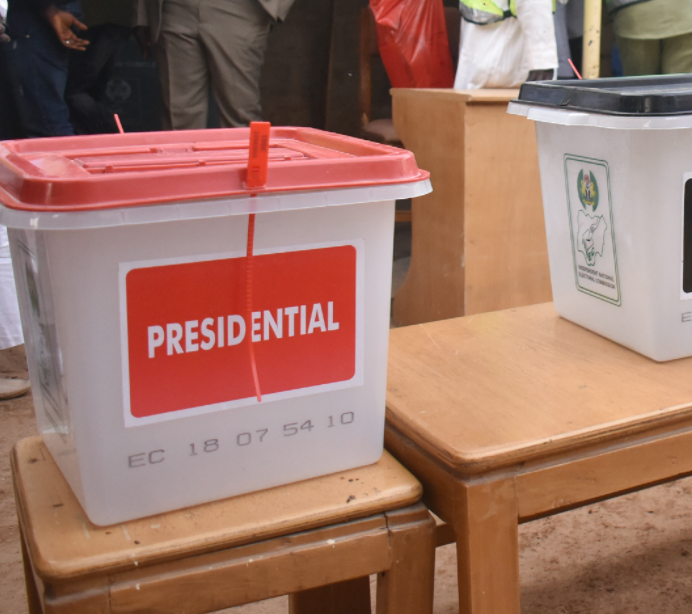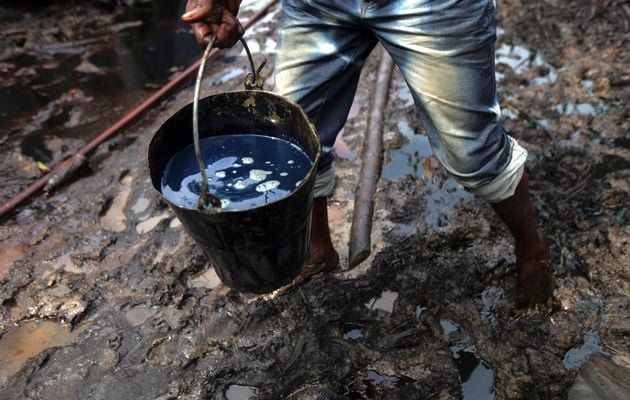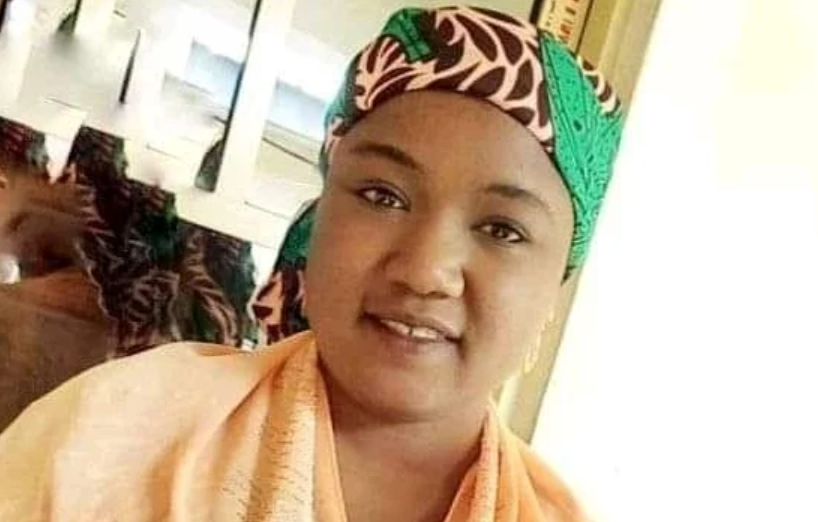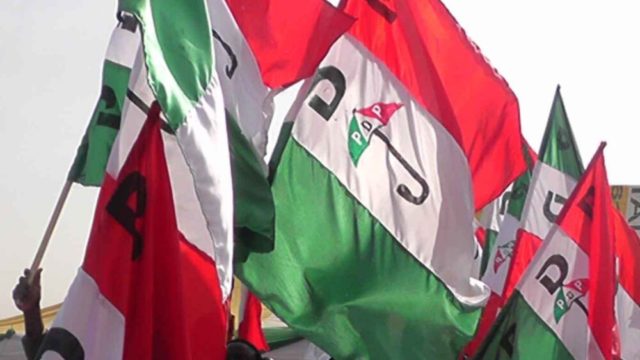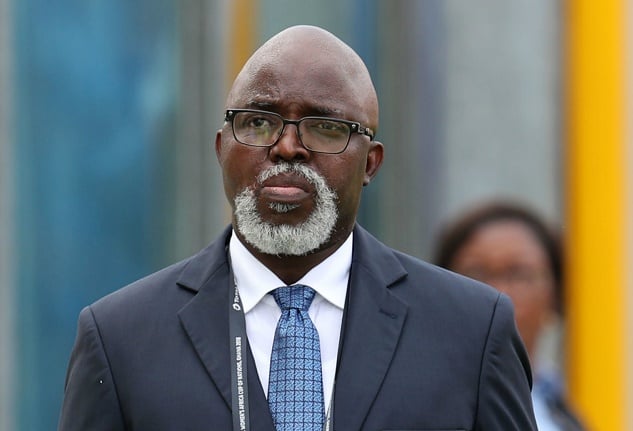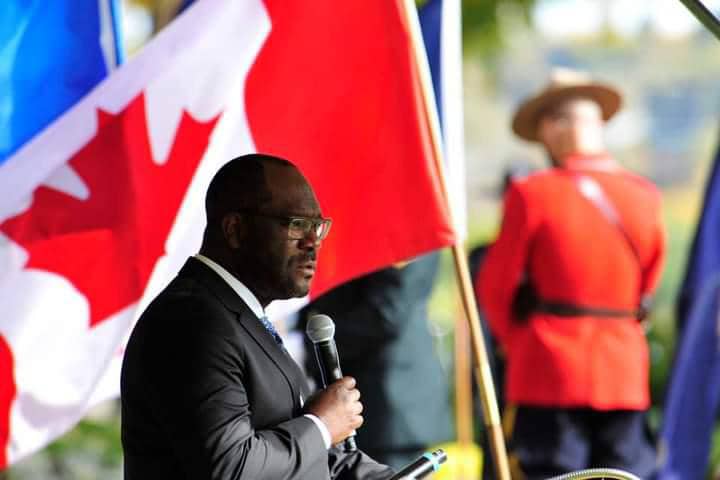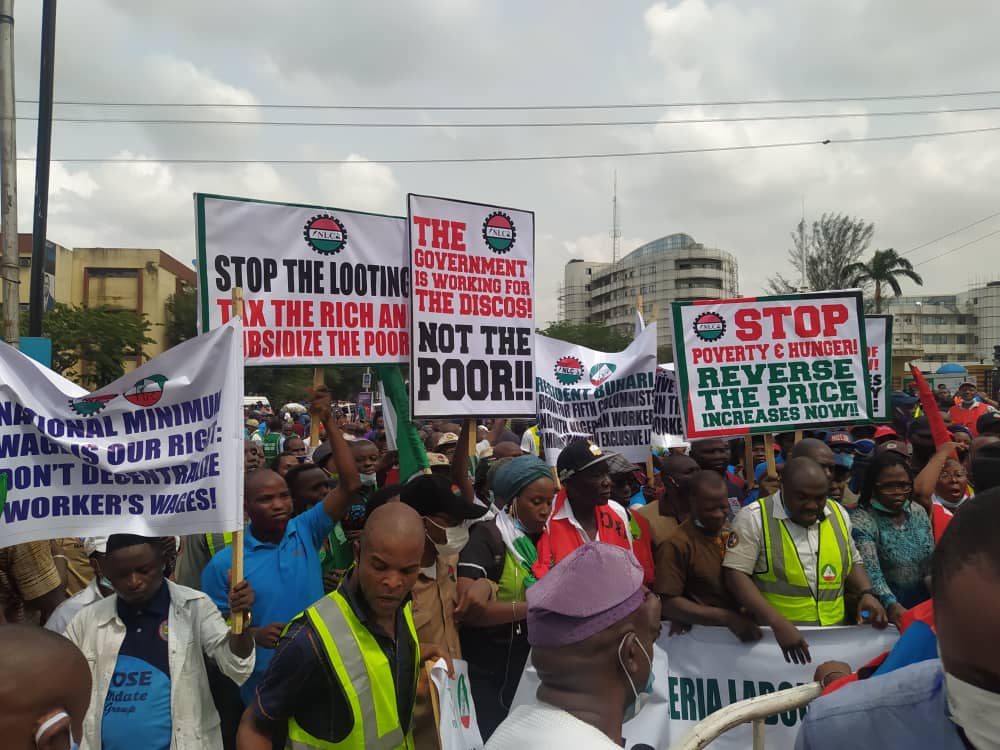BY OPEOLUWA DAPO-THOMAS
When we enter election season, the call for young leaders starts ringing. Like clockwork, the cliche goes “we need the youth to rule”. Conversations like this pit the old boys against the young technocrats, the structures versus the social media, the Atikus versus the Moghalus.
Historically, dismal government performance plus a year left until a general election is a perfect recipe for the “we need a young person as president” narrative. A young person is always equated to be competent and more sensitive to the reality on-ground, and statistically so, as 70 percent of the Nigerian population are aged 30 and below.
In 2018, President Buhari signed a Not Too Young To Run bill to reduce the age limits across political offices, including the presidency. The presidential age limit was reduced from 40 to 35.
Advertisement
Going by democratic precedents, the probability of a 35-year-old emerging as president is zero. As at when they were elected, the last four presidents after our 1999 democratic journey were aged as follows: Olusegun Obasanjo (62), Umaru Musa Yar’Adua (57), Goodluck Jonathan (53), Muhammadu Buhari (72). The youngest Goodluck Jonathan – 18 years older than the 35-year-old mark, and his ascension to the presidency was as a result of his predecessor’s demise.
But here is where it gets interesting — as at the last election, Nigerian youths within the age group of 18 to 35 years were the highest population of voters as they constitute 51.11 percent of the total age groups registered to vote at the polls. On this premise, the probability of a 35-year-old emerging as president should improve. But it doesn’t and that’s where the problem lies. How do we translate this to votes?
The youth population is highly fragmented. Students account for 22 million, and we all know the National Association of Nigerian Students (NANS) and other student union leaders are in the pockets of the “established parties”, the political thugs who are also youths are also in the pockets of the political elites, the sellouts who offer their PVCs to the highest bidders (political elites) are also youths, and now, that leaves the “conscious social media” youth who amongst all four groups have the least number of PVCs. Herein lies the problem with the youth narrative.
Advertisement
Globally, young presidents are emerging. We have the flagbearer for young leaders, Emmanuel Macron, the French president who gave young leaders hope around the world with his mandate. We have Gabriel Boric, a former student leader who won Chile’s presidential election at age 35, and we have Finland’s Prime Minister Sanna Marin, 36, who is a woman and a youth, two politically marginalised groups. I must add that given the ratio of male (52.86 percent) to female voters (47.14 percent) in Nigeria, the Nigerian political space needs more female representation.
So why can we not have the same in Nigeria? Firstly, it is politically naive to ignore the fundamental differences between the Nigerian political system and the political system in Western nations. The dynamics are significantly different. We must acknowledge that to win any sort of election in Nigeria, you have to possess financial and political capital in abundance. The former is so important that it can buy you the latter. And the latter is so important that it attracts the former.
The clamour for a young president is all motion and no movement and it resonates from social media where we have a lot of activists but not a lot of voters. The social media bubble is blinding but deafening especially from Twitter which has millions of Nigerian users. The Nigerian social media got the #EndSARS hashtag trending globally. A report analysis showed that the online protest was responsible for 48 million mentions and tweets from 5 million unique authors on Twitter. But that’s about it. In politics, it doesn’t change the status quo and all it does at best is strengthen the illusion about our numbers.
Looking at the demographics, Africa is the youngest continent in the world but serves the oldest leaders in the world. While some African leaders have been ousted by coups and revolutions, that cannot be the case in Nigeria as the window of a democratic election creates a vent for the prerequisite “enough is enough” fumes needed from Nigerian youths to escape. Why rebel when you can easily vote every four years? This is why the revolution route is dead of arrival. Nigerians can adjust and survive two terms of incompetence.
Advertisement
So how can a young president emerge? Let’s look at this analogy. If you want to be an accountant, the route one would normally take is to study accounting, write ICAN certifications and apply for accounting roles.
So what route does one take to become a young Nigerian president? Study political science? Obasanjo (Theology), Yar’Adua (Education and Chemistry), Goodluck Jonathan (Zoology), Buhari (WAEC) have shown that is not the way. How about having a decent career and contesting? Kingsley Moghalu’s numbers (22,000 est.) at the last presidential polls show that is not the way. Have a large social media following? Fela Durotoye’s election numbers (17,000 est.) show that’s certainly not the way.
The painful pill to swallow is that for a leader to emerge victoriously in Nigeria, he/she must have spent a significant amount of time in the corridors of power. Obasanjo was once head of state before becoming a democratic president, Yar’Adua was once governor of Katsina and his father was a minister in the first republic with a relative once chief of staff under Obasanjo’s military government. Goodluck Jonathan fortuitously has been a governor and a vice-president before his emergence as president and Buhari has attempted to run for president several times after his stint as head of state in 1983. These are the precedents before young people.
Atiku who has contested against all, bar Obasanjo, still nurses presidential ambitions in 2023. Very few people know Atiku also contested against MKO Abiola in 1993 which makes it 30 years he has contested for the number one seat in the country.
Advertisement
Next year’s election is upon us and amongst those who have formally declared and rumoured as contestants, there is a Venn diagram of seasoned politicians and young declarants. You do not have to bat an eyelid to know who would come out top.
Another major hurdle a young Nigerian aspirant will also have to overcome besides manoeuvring “old boy” establishment networks is the high cost of political campaigns. Politics is expensive. This is another terminal checkpoint. How do we raise finance? Crowdfunding? Celebrities raised north of N200 million for popular Afropop artiste Davido on his birthday. Can that strategy be channelled for young leaders who want to run? To form grassroots structures, funds are paramount.
Advertisement
Once these hurdles are cleared, the youth will have a chance. Nigeria is home to some of the brilliant youths on the globe. They might not know their politicking but they know about policymaking. The British Council Future Leaders programme, a pioneering policy and leadership initiative hosts numerous quality policy proposals raised by contestants that would significantly improve Nigeria if implemented.
On the business front, Nigeria is home to the best startups in Africa. Last year, these startups run by young Nigerians earned about $1.37 billion in venture capital funding, not far off from the $2.3 billion, Nigeria gained from crude oil in 2021.
Advertisement
How can we get these young guys in positions of power? The political system is currently constructed in a way that a young president can only emerge through nepotism and godfatherism – two malpractices Nigerians find intolerable unless they are direct beneficiaries. In Nigeria, power is not served a la carte, it is earned. Current US President Joe Biden, 79, and US house of representatives speaker, Nancy Pelosi, 81, have been in political positions since 1973 and 1987 respectively.
But there are two solutions. Either the youths join traditional political parties enmasse and participate in government actively or the youths create their structure from the ground up and build a base that fixes the fragmented youth population which begins with the sensitization of the northern youths, PVC sellers, and student associations. Any other route is a never-ending cycle of Albert Einstein’s definition of insanity. This election and the next are out of reach. Our 10-year plan for the 2031 presidential elections begins today.
Advertisement
Opeoluwa Dapo-Thomas, a frustrated Nigerian youth and an international financial analyst, can be reached via [email protected]
Views expressed by contributors are strictly personal and not of TheCable.
